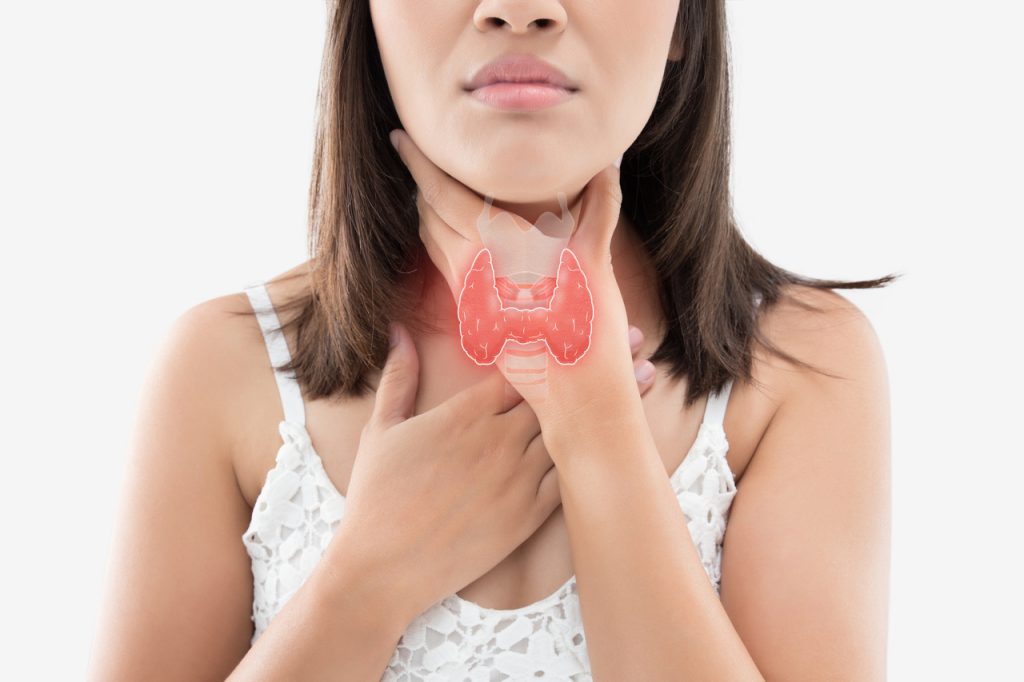Key Things You Should Know About Gastroesophageal Reflux Disease (GERD)
by Carolyn Lee Aug 2, 2021

Many of us have experienced heartburn or acid indigestion at some point. It can be an uncomfortable burning sensation in the chest. Heartburn and indigestion can be caused by Gastroesophageal Reflux Disease (GERD).
GERD is a long-term condition that involves stomach acid regularly flowing into the oesophagus.
During normal digestion, the lower oesophageal sphincter (LES) opens to allow food to pass into the stomach and closes to prevent stomach juices and food from flowing back into the oesophagus.
Gastroesophageal Reflux (GER) happens when the LES relaxes inappropriately or is weak, which can lead to stomach contents flowing up into the oesophagus.
Persons who experience acid reflux more than twice per week may have GERD.
What are the signs and symptoms of Gastroesophageal Reflux Disease?
Common signs and symptoms of GERD include chest pain, regurgitating sour liquid or food, difficulty swallowing or the sensation of a lump in your throat. Another common symptom is heartburn usually after eating, which may become worse at night.
What are some of the contributing factors?
Conditions such as obesity and pregnancy may increase the risk of GERD. Lifestyle choices such as smoking, going to sleep or lying down shortly after eating and eating large meals may also contribute to GERD.
Fried, spicy or fatty foods; coffee, alcohol, soda or chocolate may trigger heartburn. Pepper, tomato products, citrus fruits and juices can irritate a damaged oesophageal lining and should be avoided if they cause symptoms.

Can GERD lead to other health problems?
In rare cases, GERD can cause severe or life-threatening conditions. Some of the potential complications of GERD include gum disease, or other dental problems, inflammation of your oesophagus (esophagitis), and chronic cough, asthma, or other breathing problems.
What can you do to prevent or reduce GERD symptoms?
Once you have identified the key contributors of heartburn, you can make lifestyle changes that may decrease the risk of developing GERD. Some lifestyle changes that may reduce the risk of developing GERD are:
- Lose excess weight
- Eat smaller meals
- Avoid laying down right after eating
- Stop smoking
- Cut out foods such as soda, caffeine, fatty, spicy and fried foods if you realise that they are causing heartburn.
What are some of the remedies to treat GERD?
It is normal to experience occasional heartburn, and this may be treated with an over-the-counter antacid. However, if your acid reflux happens more than twice per week, long-term use of antacids may lead to side effects (diarrhoea, the build-up of magnesium in the body and altered calcium metabolism).
Your doctor may also prescribe medication, or if necessary, prepare you for surgery. Surgery may be needed in some instances where there is a poor response to medical treatment or severe reflux.
If you have frequent acid reflux symptoms, you should speak with your doctor. Persons who experience chest pain along with shortness of breath, jaw or arm pain, should contact their doctor immediately.
Upon consultation, your doctor will provide you with the best course of treatment. To find a doctor near you, search our Find Yello listings.
If you enjoyed this article, our Health section is packed with others like it that you may find helpful.
Sources: WebMD, Mayo Clinic, Medical News Today and Healthline.








